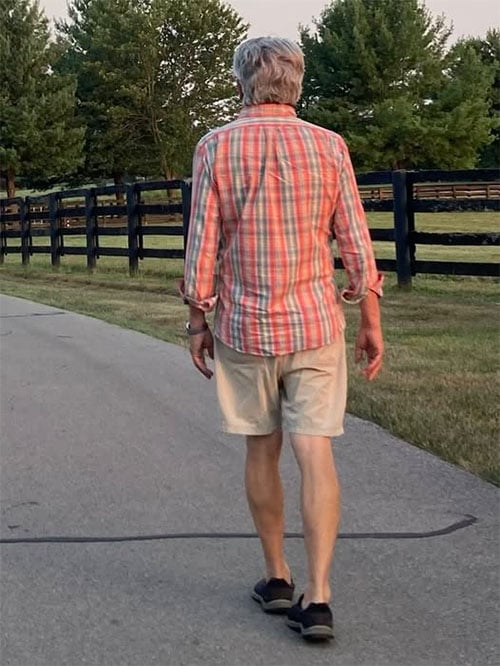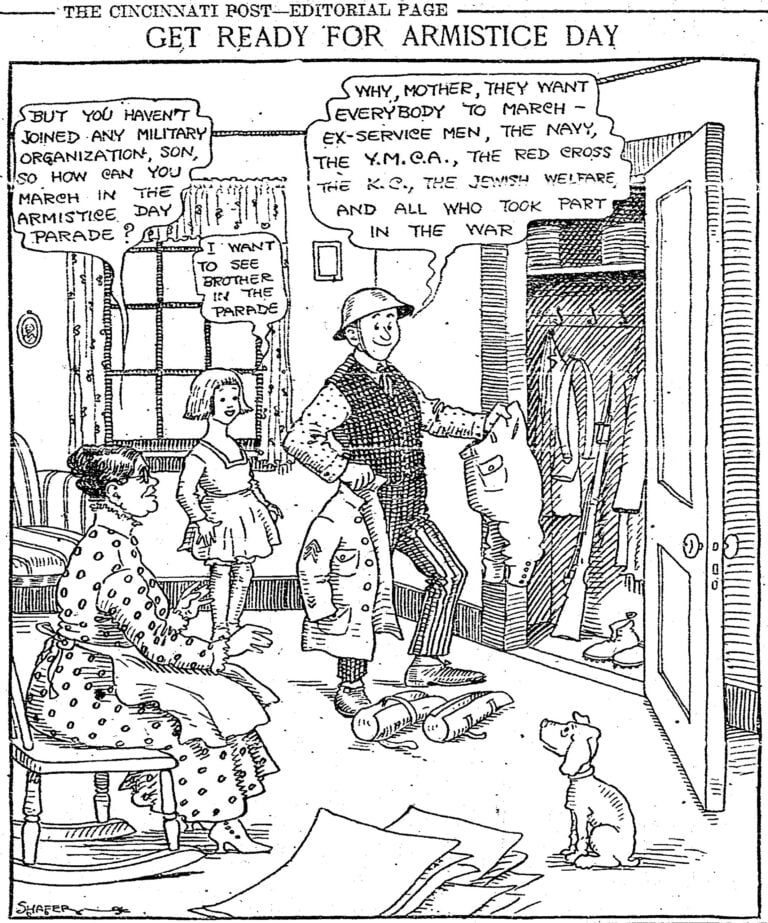By Jack Brammer
NKyTribune reporter
A long-awaited Kentucky Supreme Court ruling Thursday means that abortion remains illegal in the state for now except when a mother’s life is in danger or to prevent permanent impairment of a life-sustaining organ of a pregnant woman.
There will be no exceptions for rape or incest or for a minor seeking an abortion.
The high court’s ruling came in consideration of challenges to the near-total ban brought about by the state’s so-called 2019 “trigger law” that was designed to stop most abortions in Kentucky once the U.S. Supreme Court overturned the 1973 Roe v. Wade decision that allowed abortions and a ban on abortions after six weeks of pregnancy. Roe v. Wade was struck down last June.

It decided not to reinstate a temporary injunction to block the laws passed by the Republican-led legislature but sent the case back to Jefferson Circuit Court for its consideration on constitutional issues.
The ruling suggested that the high court could rule differently on the bans if the broader lawsuit succeeds.
That gave abortion advocates some hope.
Thursday’s ruling came three months after Kentucky voters last fall, in a surprise victory for reproductive rights, voted against a proposed amendment to the Kentucky Constitution that would have protected the state’s abortion ban from legal challenge.
The 150-page ruling by the state’s highest court was a legal victory for state Attorney General Daniel Cameron, who defended the state’s laws and is running for governor in May’s Republican primary election, and a setback for abortion advocates.
“Since the U.S. Supreme Court overruled Roe v. Wade last June, we have vigorously defended Kentucky’s Human Life Protection Act and Heartbeat Law,” said Cameron. “We are very pleased that Kentucky’s high court has allowed these laws to remain in effect while the case proceeds in circuit court.
“This is a significant victory, and we will continue to stand up for the unborn by defending these laws.”
Abortion advocates representing EMW Women’s Surgical Center in Louisville and Planned Parenthood Great Northwest, Hawaii, Alaska, Indiana, and Kentucky said the fight is not over.
They noted they tried to block the two abortion bans in the state when they first went into effect last Aug. 1.
The Jefferson Circuit Court granted a temporary injunction to block the laws but a Court of Appeals judge stayed the injunction. The Supreme Court refused to reinstate it.
The abortion advocates argued that the bans violate the state’s constitutional rights to privacy, bodily autonomy, and self-determination.
They highlighted a part of the Supreme Court ruling that said, “To be clear, this opinion does not in any way determine whether the Kentucky Constitution protects or does not protect the right to receive an abortion, as no appropriate party to raise that issue is before us.
“Nothing in this opinion shall be construed to prevent an appropriate party from filing suit at a later date.”
Of the ruling, the abortion advocates said, ““Once again, the Kentucky Supreme Court failed to protect the health and safety of nearly a million people in the state by refusing to reinstate the lower court order blocking the law.
“Even after Kentuckians overwhelmingly voted against an anti-abortion ballot measure, abortion remains banned in the state. We are extremely disappointed in today’s decision, but we will never give up the fight to restore bodily autonomy and reproductive freedom in Kentucky. This fight is not over.”
Planned Parenthood and the ACLU said they are committed to helping Kentuckians get the care they need, including helping patients find care out of state.
They said anyone who needs an abortion should visit abortionfinder.org and abortionfunds.org, or call 1-800-230-7526.
Most of Thursday’s ruling dealt with whether the state’s only two abortion clinics –EMW Surgical Center and Planned Parenthood, both in Louisville – had legal standing to challenge the abortion bans.
The court’s majority ruling, written by Justice Debra Hembree Lambert, said “they do not have third-party standing to assert the constitutional rights of their patients.
The court, which held hearing arguments in the case on Nov.15, said it recognizes that abortion is “perhaps the most polarizing and difficult issue we face … but we must honor separation of powers and act only when the constitution permits.” It noted that a patient could challenge the abortion bans.
Concurring with Lambert was Justice Robert Conley. Chief Justice Laurance B. VanMeter concurred with results only. Concurring in part and dissenting in part were Justices Angela McCormick Bisig, Christopher Nickell, Michelle Keller and Kelly Thompson.
Keller warns in her opinion that the laws might create a situation in which a physician has a gravely ill pregnant patient, but because of the threat of criminal and civil penalties under the bans, the physician may hesitate in rendering life-saving treatment to the pregnant patient or fail to render treatment.
In response to the ruling, Kentucky Senate President Robert Stivers, R-Manchester, said the Senate’s majority Republican caucus, is “a pro-life caucus and we remain committed to protecting the rights of unborn children.
“I find today’s Supreme Court of Kentucky ruling, all 150 pages of it, to be encouraging. While we continue to pore through it to understand its full impact, I recognize there is still work to be done to continue protecting the innocent lives of unborn children.”
Kentucky House Democratic Leaders Derrick Graham of Frankfort, Cherlynn Stevenson of Lexington and Rachel Roberts of Newport said in a joint statement, “We believe strongly that the Kentucky Supreme Court should not have let these drastic laws remain in place until it ultimately decides this issue.
“The current effective abortion ban is having a profoundly negative impact on women’s reproductive health, putting lives needlessly at risk and forcing many to take steps they shouldn’t have to.
“This had been a constitutional right for almost 50 years, and it has only been three months since Kentucky voters soundly rejected efforts to block potential constitutional protections here. Those two things should mean something.”
The entire Supreme Court ruling can be found at http://opinions.kycourts.net/sc/2022-SC-0329-tg.pdf





















